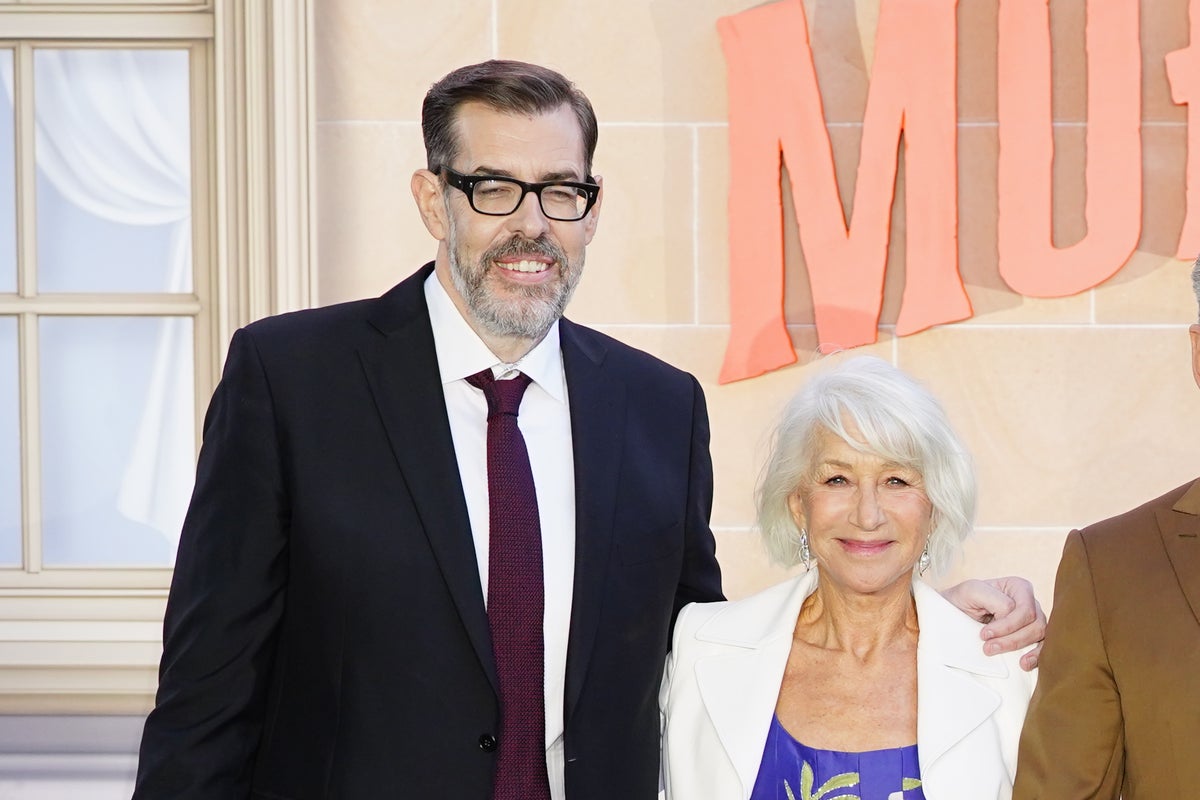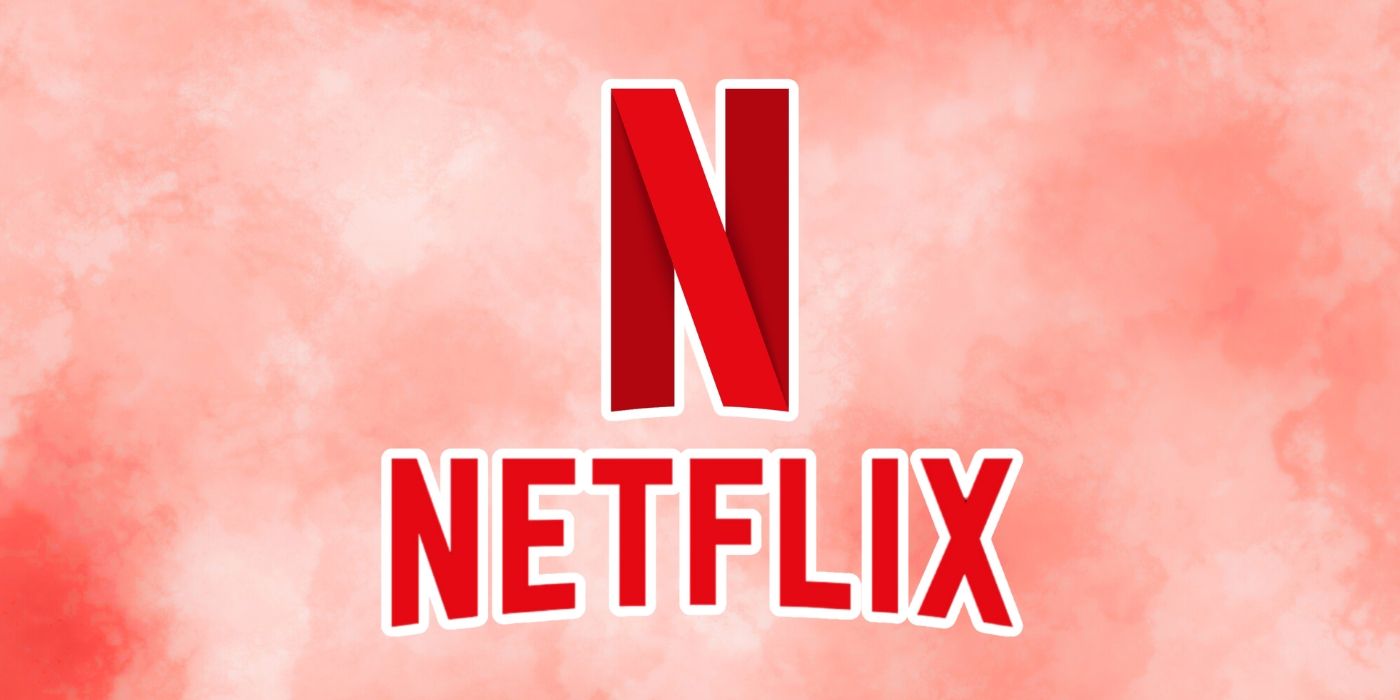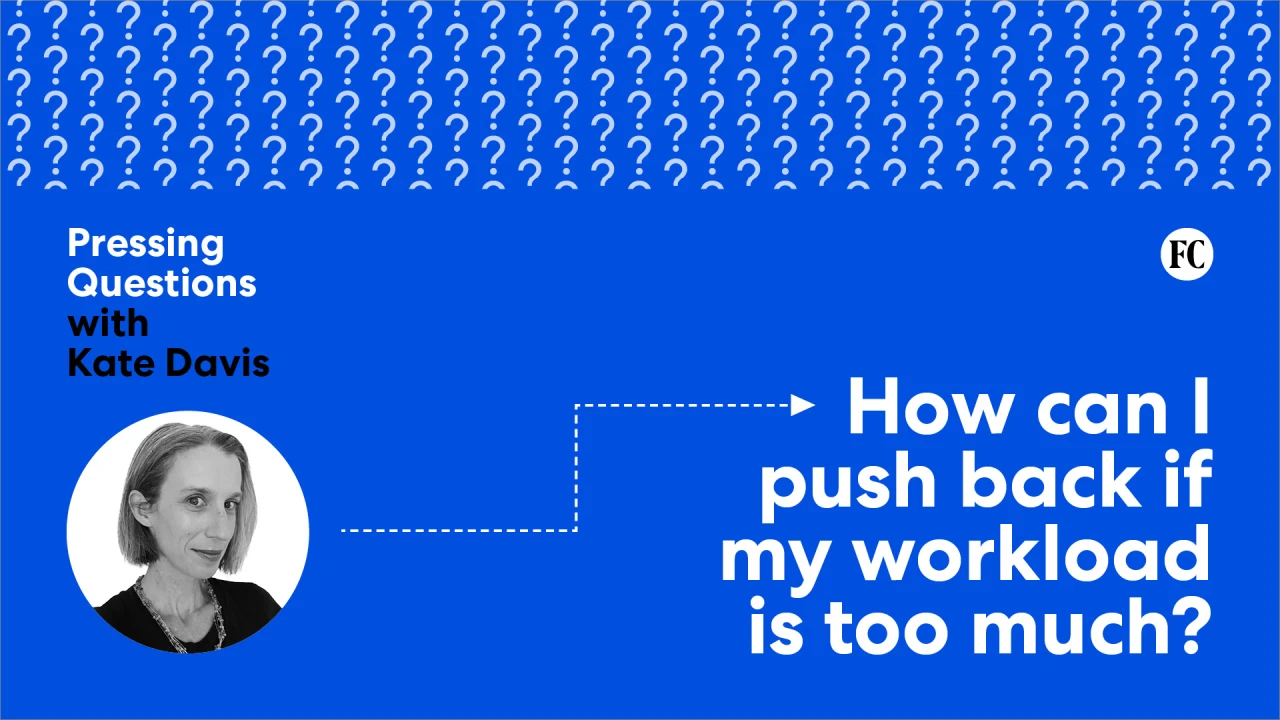How to stay informed without doomscrolling

There is a lot going on in the news these days. Internationally, there are active wars raging. Domestically, there are daily changes in government policy at the national, state, and local level. There has been turbulence in the economy.
To be a leader in any sector, you have to stay current on the latest world developments, but the constant parade of threats in the news is anxiety-provoking. What can you do to ensure you stay informed without getting sucked into the vortex of doom and find yourself staring at social media feeds, blogs, and a host of different news sources?
It is worth thinking about the information you consume as being a diet like the one you have for your nutrition. And—just like with what you eat—you need a balanced media diet. Here are a few suggestions to help you stay informed without overindulging.
Limit your intake
To ensure your stay informed, pick a time when you can pay attention so that the news isn’t blaring in the background or you’re not just staring blankly at a website. Then, decide how much time you have to devote to the news. You can probably get a lot out of 15 minutes of concentrated reading.
I recommend setting a timer on your phone. When your timer goes off, finish the story and move on. It is important to use some kind of external reminder to finish. Otherwise, one story can lead to the next, which can lead to another. Before you know it, a much longer time than you intended to spend has gone by.
You are particularly likely to over consume media when the news is stressful. Uncertainty can enhance your stress. By reading more, you give yourself the illusion that you know more, which will make you feel less anxious in the short run. In the long run, that focus on threatening news can keep you feeling fearful.
Pick a variety of sources
Even when the news isn’t that anxiety-provoking, media know that they can best get your eyeballs when they find a potential calamity that they can scream from their headlines. So, even a slow news day has its stressors.
I recommend that you pick a few reliable news sources—preferably ones that have a different underlying political slant or area of expertise. If the same story appears (in some guise) in all of the sources you use routinely, it is probably something worth paying attention to. Getting a variety of viewpoints also gives you different angles for thinking about the story.
You also want to find sources that have expertise related to your particular industry. Most market sectors have companies, magazines, or outlets that cover news of particular relevance to people in your business. Those sources are also important, because they focus on events that may not be of wide significance, but will affect your work. In addition, those sources will clue you in to what other people in your industry are likely to be thinking about.
Push yourself away from the table
There will be some days when particular events or news stories capture you, and you’re tempted to keep digging. Your fascination (or anxiety) about these stories may keep you reading well past your allotted time.
That is when you need to engage your willpower and stop the madness. Fitness guru Jack LaLanne was reported to have said, “The best exercise is pushing yourself away from the table.” Similarly, the best cure for news-induced stress is to close the paper, put down the phone, turn off the radio, and do something else.
What's Your Reaction?
 Like
0
Like
0
 Dislike
0
Dislike
0
 Love
0
Love
0
 Funny
0
Funny
0
 Angry
0
Angry
0
 Sad
0
Sad
0
 Wow
0
Wow
0
















.jpeg?width=1200&auto=webp&trim=0,100,0,100#)





































![Big Brother Recap: Rachel’s HOH Sends [Spoiler] Packing](https://tvline.com/wp-content/uploads/2025/08/big-brother-live-eviction-week-6.png?#)







































